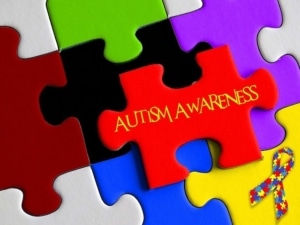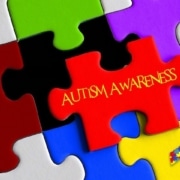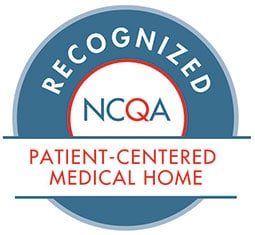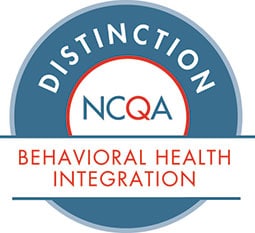April is Autism Awareness Month
 By Pauline Shaver, MSW Practicum Student, University of Kansas
By Pauline Shaver, MSW Practicum Student, University of Kansas
This April we celebrate Autism Awareness Month, honoring the diverse community of individuals diagnosed with autism spectrum disorder. Additionally, we recognize the unique challenges this community faces when navigating a neurotypical world.
Autism Defined
Autism spectrum disorder (ASD) is a neurological and developmental disorder that impacts how individuals interact with others, communicate, and behave. Social communication differences are characteristic of ASD, such as atypical emotional expression, difficulty with social cues, eye contact and unconventional empathetic communication. Additionally, restricted repetitive behaviors, (RRB) and interests are a feature of this diagnosis. RRBs manifest in many forms, such as rigidity in daily routines, stimming or repetitive movements and vocalizations, intense and specific interests and differences in sensory sensitivity.
As the term spectrum suggests, ASD impacts individuals in diverse ways and at varying levels of severity. This reality necessitates a sensitive and thoughtful approach, as treatment and support for ASD will look different for each person. Avoiding assumptions, educating oneself about an individual’s unique experience and unlearning stereotype-based preconceptions may prevent harm and increased stigma.
Common Barriers
 As well as recognizing the diverse experiences within ASD community, acknowledgement of common barriers those diagnosed may face within neurotypical environments is essential. Within service provision and educational settings, research indicates a consistent presence of “misconceptions and inadequate knowledge about autism.” In addition to factual fallacies about the diagnosis, a pervasive lack of understanding about supportive practices creates environments which are unresponsive to the unique needs of those with ASD. This serves to further stigmatize autism spectrum disorder, as individuals with ASD are often perceived negatively in unsupportive and uninformed spaces.
As well as recognizing the diverse experiences within ASD community, acknowledgement of common barriers those diagnosed may face within neurotypical environments is essential. Within service provision and educational settings, research indicates a consistent presence of “misconceptions and inadequate knowledge about autism.” In addition to factual fallacies about the diagnosis, a pervasive lack of understanding about supportive practices creates environments which are unresponsive to the unique needs of those with ASD. This serves to further stigmatize autism spectrum disorder, as individuals with ASD are often perceived negatively in unsupportive and uninformed spaces.
Combatting stigma requires an intentional effort to reeducate oneself and one’s organization, unlearning damaging misinformation and building competence in supportive practices. Additionally, barriers may be lessened by creation of autism-friendly spaces which provide increased social and physical accessibility. This may include access to quiet rooms, mindfulness of lighting for sensory sensitivity, and providing accommodations for communication differences.
Learn and Support
This Autism Awareness Month, we encourage a deeper exploration of autism, how the diagnosis uniquely impacts those around you, and recognition of the contributions of this community. In expanding our understanding, we can challenge damaging stereotypes, correct inaccurate assumptions, and create inclusive spaces for neurodivergent patients, co-workers, and loved ones.
For more information on inaccurate stereotypes,
- https://www.kennedykrieger.org/stories/myths-facts-about-autism-spectrum-disorder
- https://lighthouseautismcenter.com/blog/overcoming-stereotypes/
Supportive resources in the Kansas City metropolitan area:
For information on screening and diagnosis:








Leave a Reply
Want to join the discussion?Feel free to contribute!